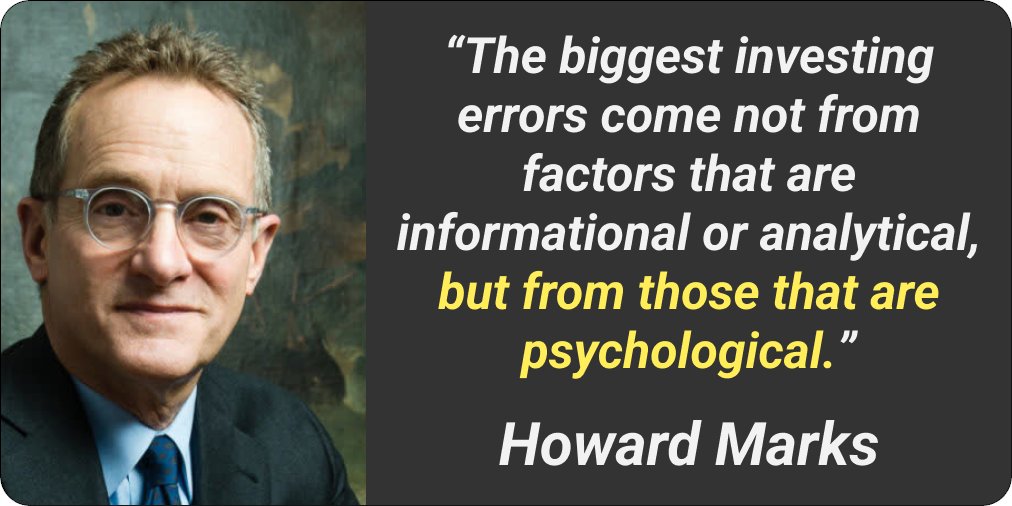They don’t understand how the stock market works.
If you don’t know how a company makes money or why the market moves up and down, you’ll lack conviction.
Without conviction, you’ll panic sell at the worse possible time.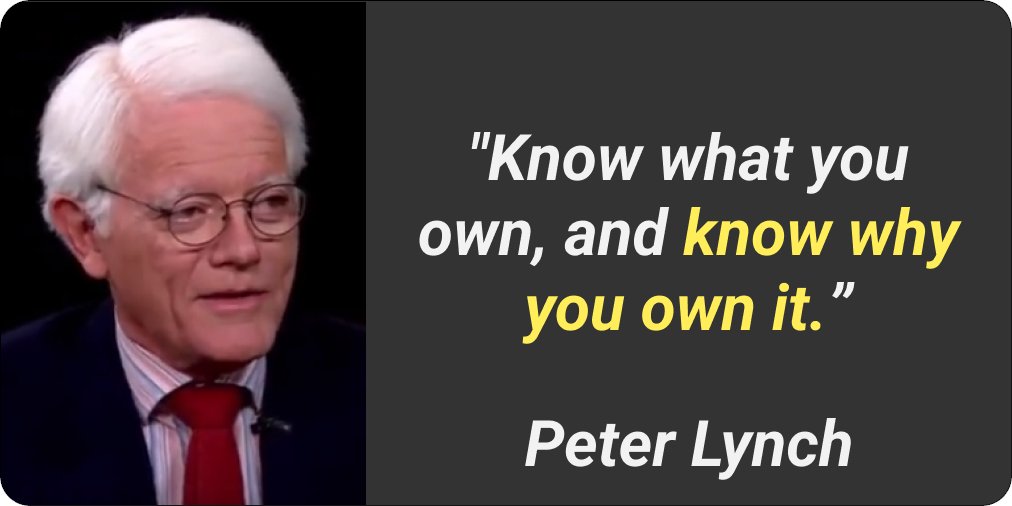
They don’t know their true risk tolerance.
Your real risk tolerance can’t be theorized in a bull market.
It can only be revealed in a bear market.
New investors overestimate their true risk tolerance, which leads them to make far riskier bets.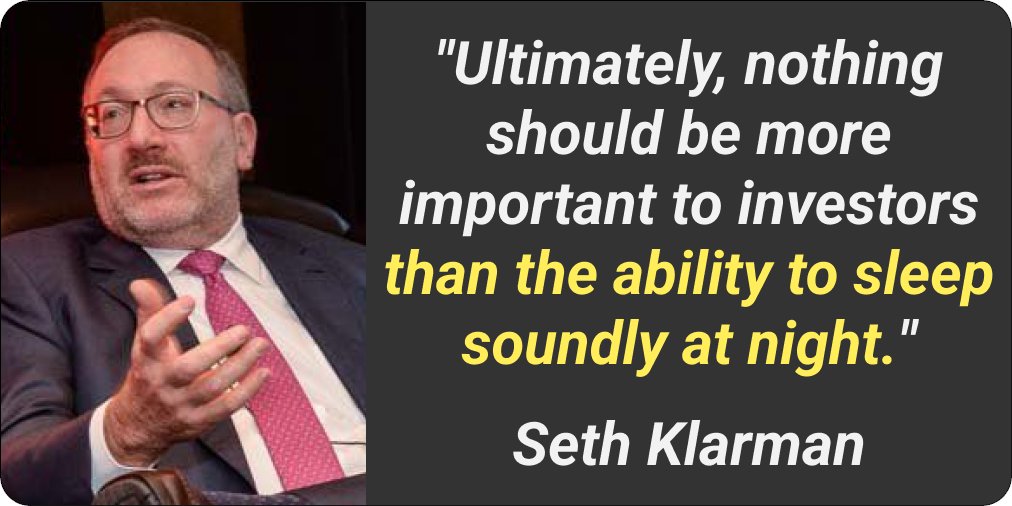
They ignore the downside.
All investing involves risk. Profit is never guaranteed.
New investors are so focused on the upside that they are blind to the downside.
That causes them to invest more than they can afford to lose, which turbo-charges the emotional pain.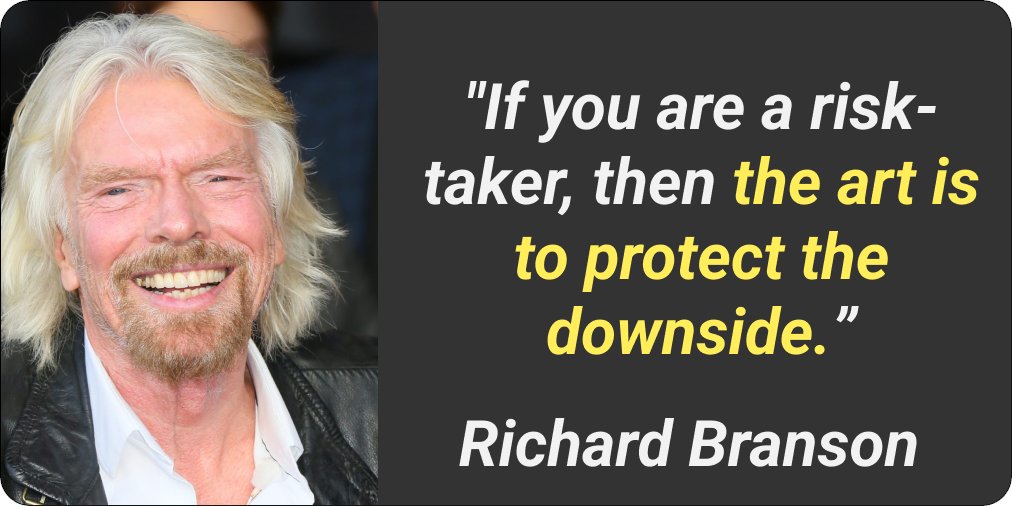
They performance chase.
Good investing isn’t about buying what recently went up.
It’s about buying what you expect to go up in the future and selling what you expect to go down.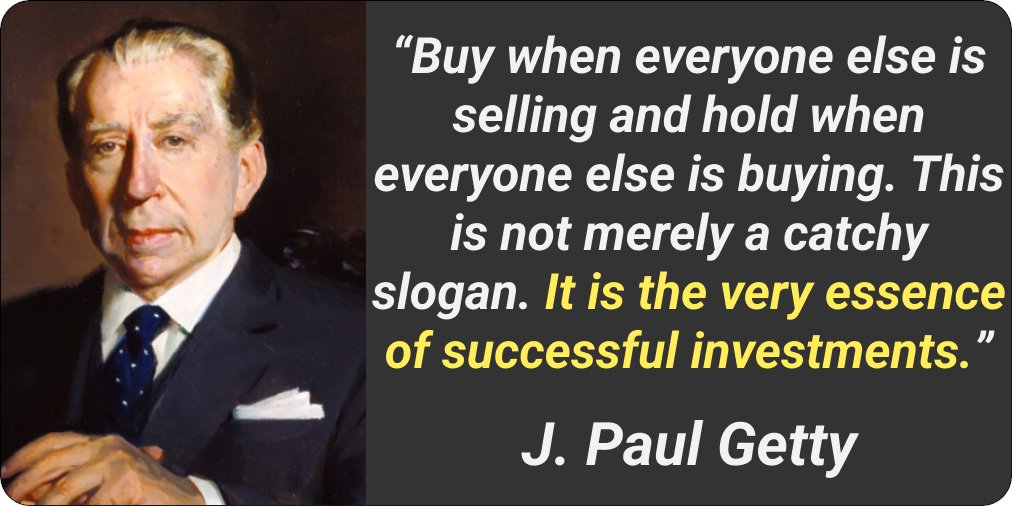
They don’t know their time horizon.
Before you invest, ask, “when do I need this money?”
If it’s in <5 years, it should be in cash or bonds.
If it’s in 5+ years, the stock market is a great choice.
Figure out when you’ll need the money, then invest accordingly.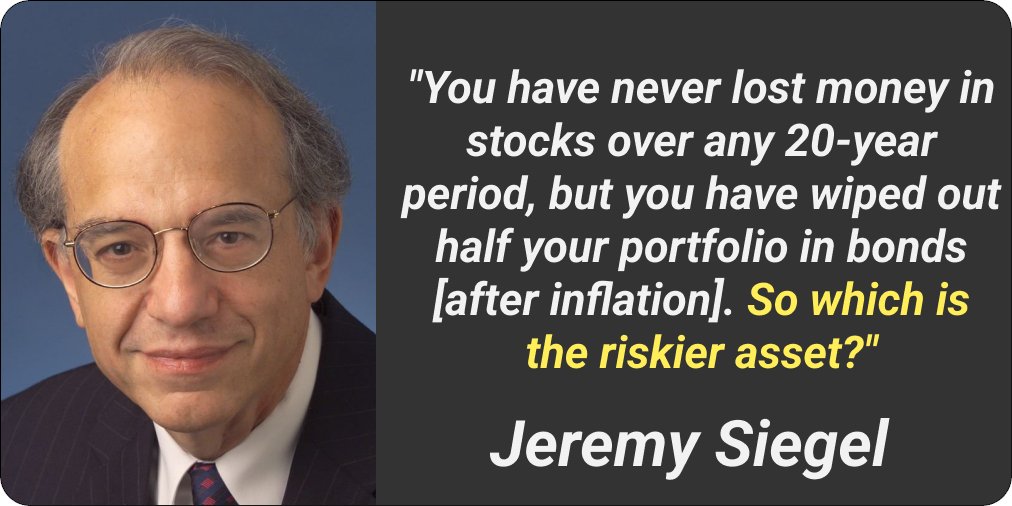
They invest on emotion.
New investors fail to realize just how volatile the stock market is.
Just because a stock is falling doesn’t mean it’s a sell. Just because a stock is rising doesn’t mean it’s a buy.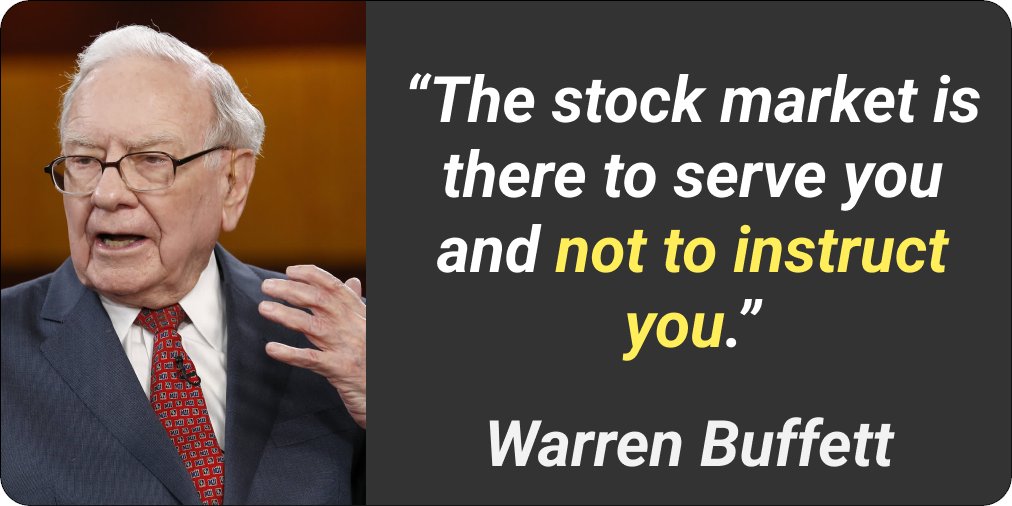
They hold bad investments until they “get back to even.”
Stocks don’t know or care when you bought them.
They overconsume financial media.
Businesses accrue value over years.
Stock market commentary is available 24/7.
New investors fail to realize how important it is to learn to tune out the noise.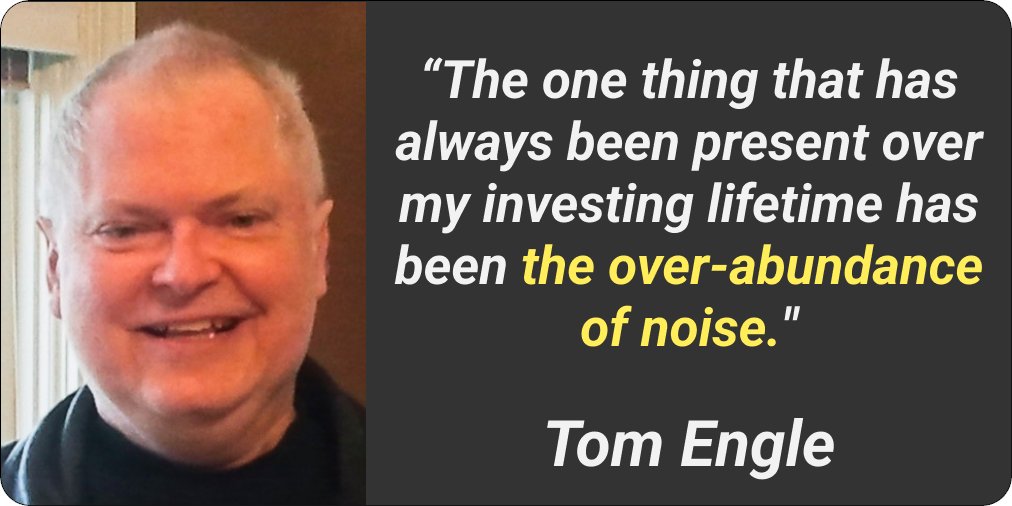
They don’t have a selling process.
There are 3 big reasons to sell:
– You were wrong
– You found a better opportunity
– You need the money in your real life

